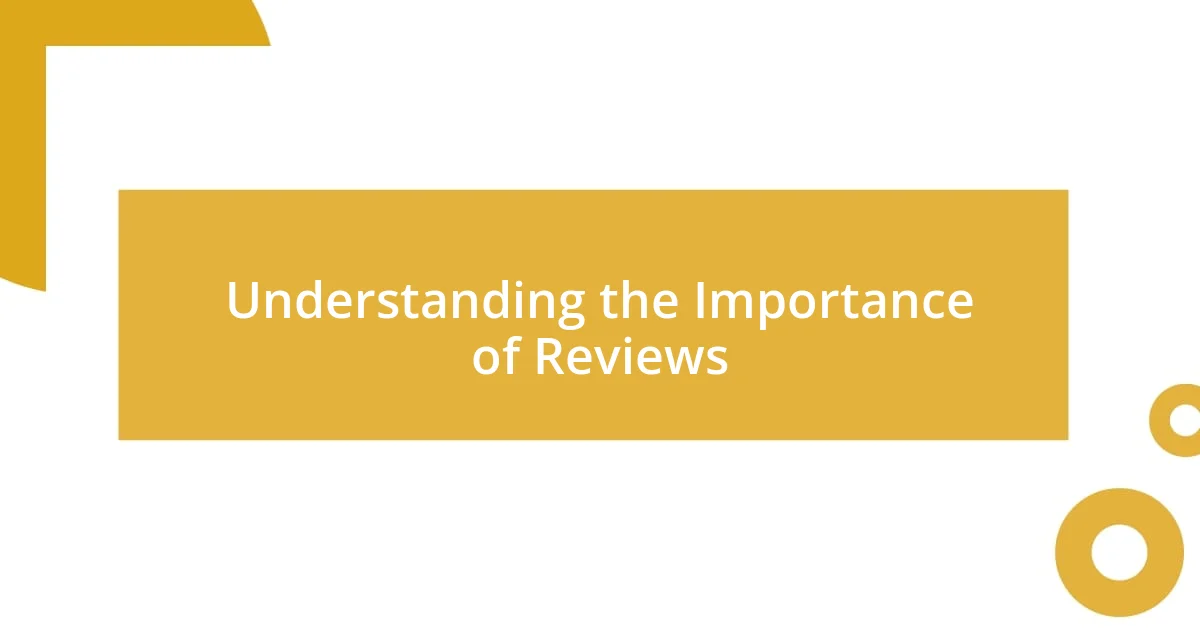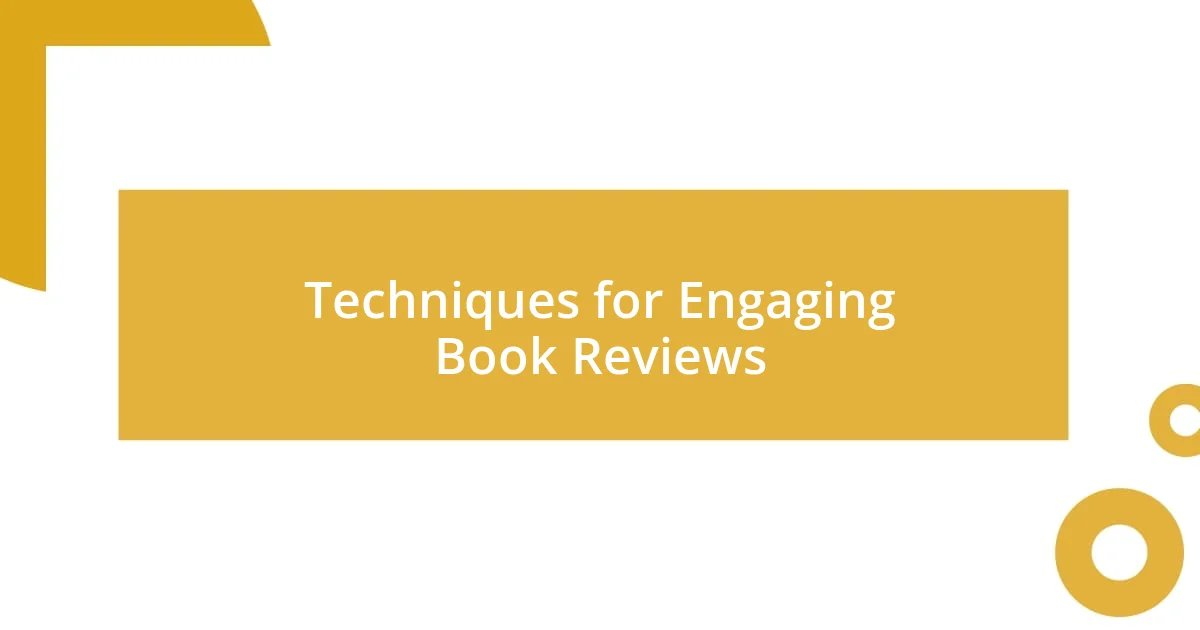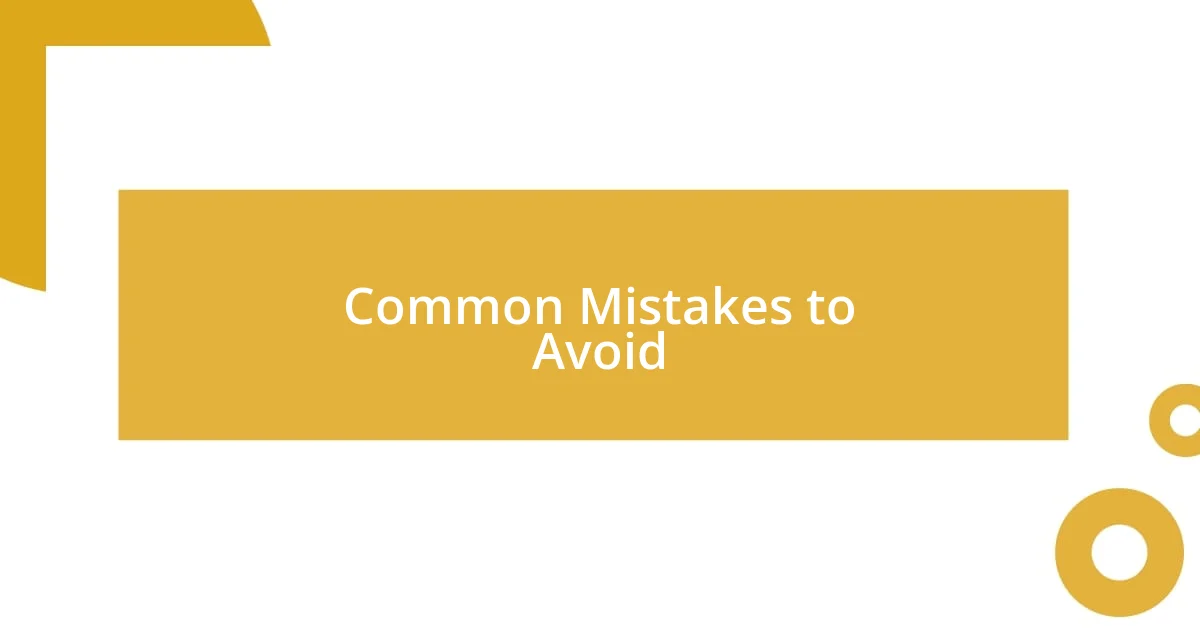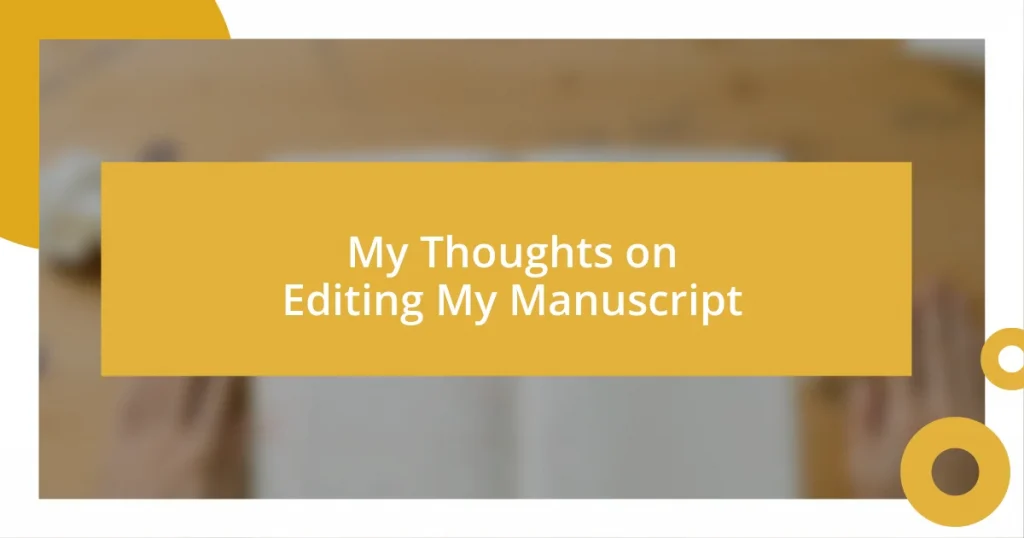Key takeaways:
- Reviews are essential for guiding readers and authors, offering diverse perspectives and fostering community connections.
- Effective book reviews balance personal insights with objective analysis, incorporating specific examples and relatable themes to engage readers.
- Promoting reviews through social media, book clubs, and platforms like Goodreads enhances community interaction and broadens audience reach.

Understanding the Importance of Reviews
Reviews serve as a crucial navigation tool for both readers and authors alike. I remember the excitement of picking up a book that a friend raved about, only to find it wasn’t my cup of tea. In moments like this, I often wonder: how did we land on such different opinions? It shows that reviews offer not just recommendations, but also a glimpse into how diverse our reading experiences can be.
When an author receives glowing reviews, it can feel like the warm embrace of validation. I think of a debut novel I once read that was celebrated online; the enthusiasm in those reviews was palpable and made me eager to dive in. On the other hand, negative reviews can serve as constructive criticism, pushing writers to hone their craft. Isn’t it fascinating how feedback can inspire growth?
Understanding the impact of reviews also brings up an important question: who do we trust most? Personally, I tend to gravitate toward reviews from people who share my literary tastes. This creates a kind of bond; I feel like I’m part of a reading community that shares valuable insights. It’s this relational aspect of reviews that enhances my reading journey, reminding me that we are all in this together.

Techniques for Engaging Book Reviews
When it comes to writing engaging book reviews, I find that there’s a delicate balance between personal opinion and objective analysis. Drawing from my own experiences, I love the idea of coupling an emotional response with clear, specific examples. For instance, when discussing a character I connected with, I share how their journey resonated with my life or evoked strong emotions. It’s a way to invite readers into my experience, making them feel the same weight of the story.
Here are some techniques I believe enhance the engagement factor of book reviews:
- Personal Connection: Share a personal story related to the book to evoke empathy.
- Vivid Descriptions: Use descriptive language to paint a picture of the setting or characters.
- Balanced Opinions: Discuss both strengths and weaknesses to provide a well-rounded perspective.
- Quote Highlights: Incorporate memorable quotes from the book to spark interest and provide context.
- Relatable Themes: Connect the book’s themes to real-life experiences or current events, fostering a deeper understanding.
Incorporating these techniques not only enriches the review but also creates a dialogue with the reader, inviting them to reflect on their own thoughts and feelings about the book.

Common Mistakes to Avoid
When it comes to writing book reviews, one common pitfall is neglecting to provide specific examples. I recall a time I read a review that mentioned a “great plot twist” without elaboration. I was left curious and a bit frustrated, wondering what exactly made it so impactful. Without details, how do we genuinely engage our readers? They want to know what they might be getting into.
Another mistake I’ve noticed is falling into the trap of solely summarizing the book instead of expressing personal insights. I once reviewed a novel that well-respected fans adored. Instead of sharing my emotional response, I got lost in a recount of the plot. It didn’t take long for me to realize that readers are more interested in how a story resonated with me rather than just a rehash of its events. Personal reflections can greatly enhance the quality of a review.
Lastly, dismissing a book due to personal bias can lead to skewed reviews. I’ve had experiences where a book’s genre didn’t initially appeal to me, but after giving it a chance, I discovered layers of depth I hadn’t anticipated. It’s essential to approach each book with an open mind. By doing this, I found joy in unexpected places and enriched my reading experience. Embracing an inclusive perspective can transform our reviews from merely critical to genuinely enlightening.
| Mistake | Impact |
|---|---|
| Neglecting Specific Examples | Leaves readers curious and disengaged |
| Over-Summarizing the Plot | Lacks personal connection and insights |
| Allowing Personal Bias to Distort Opinions | Limits exploration of diverse genres and experiences |

Sharing and Promoting Your Reviews
Sharing your book reviews goes beyond just posting them online; it’s about creating a genuine connection with fellow readers. I remember posting a review of a book that deeply moved me on social media, and to my surprise, it sparked a lively conversation among my friends. They shared their own thoughts and experiences related to the story, leading to a group reading session that turned into an enriching discussion. Isn’t it amazing how one review can foster a community?
Promoting your reviews can also involve collaboration with other book enthusiasts, like joining book clubs or participating in online forums. I’ve found that when I collaborate with others, my review gains more traction and reaches a wider audience. Engaging with fellow readers not only amplifies my voice but also exposes me to diverse perspectives and recommendations I might have missed. Have you ever thought about how sharing reviews creates a ripple effect in the reading community?
Another effective way to promote your reviews is by utilizing platforms like Goodreads or BookTube. I once created a video summarizing my favorite reads and linked my written reviews. The feedback was overwhelmingly positive, and I made some new friends along the way who shared similar tastes. It really opens up avenues for interaction and encourages people to not just read but discuss those reviews. Isn’t that what we aim for—a shared love for literature that transcends beyond our personal experience?













